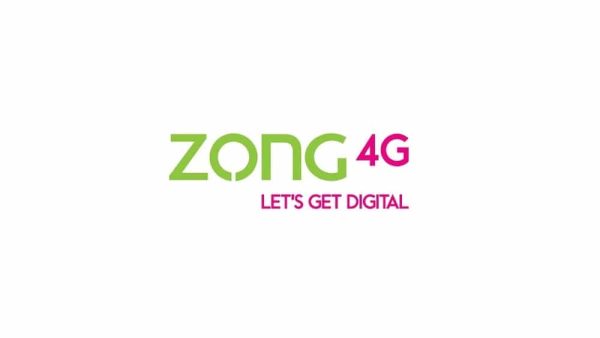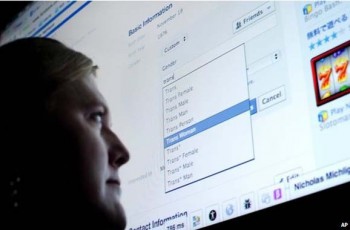
In the “Women Empowerment” vocational facility in Islamabad, Zong 4G has teamed up with Pakistan’s Bait-ul-Maal and the Ministry of Poverty Alleviation and Social Safety (MOPASS) to put up a digital lab.
The lab will concentrate on building capacity and encouraging digital learning among the women enrolled at the center as part of Zong 4G’s ongoing digital education, innovation, and women empowerment program.
A charity and social welfare organization called Pakistan Bait-ul-Mal (PBM) offers assistance to the country’s destitute and underprivileged citizens. Since its founding in 1992, PBM has dedicated itself to eradicating poverty.
PBM helps many more worthy and marginalized communities, including the poor, widows, and orphans, through its many projects.
At the signing of the MoU were Salman Rafi from MOPASS, representatives from Pakistan’s Bait-ul-Maal, and senior members of Zong 4G.
Regarding the collaboration, the official spokesperson for Zong 4G said, “We are proud of the latest chapter in our ongoing commitment to achieve the full digitalization of Pakistan’s young people. With each initiative we do, we get a little bit closer to our aim of making education more gender inclusive and technologically oriented.”
We are certain that this digital facility will play a significant role in assisting women from the socially and economically disadvantaged part of society, can gain digital skills and achieve financial independence.”
“We always appreciate Zong 4G’s focus on the welfare of society, and this partnership is another indication of their devotion and determination to provide the tools essential for future generations to flourish,” said Amir Fida Paracha, MD of Bait-ul-Maal.
By concentrating on digital education, inclusive growth, and innovation, Zong 4G continues to work tirelessly to advance its socially responsible agenda. This includes making sure that no one is left behind and that today’s youth, particularly women, have a secure and promising future.
In the near future, Zong 4G plans to solely increase the current six digital labs.


